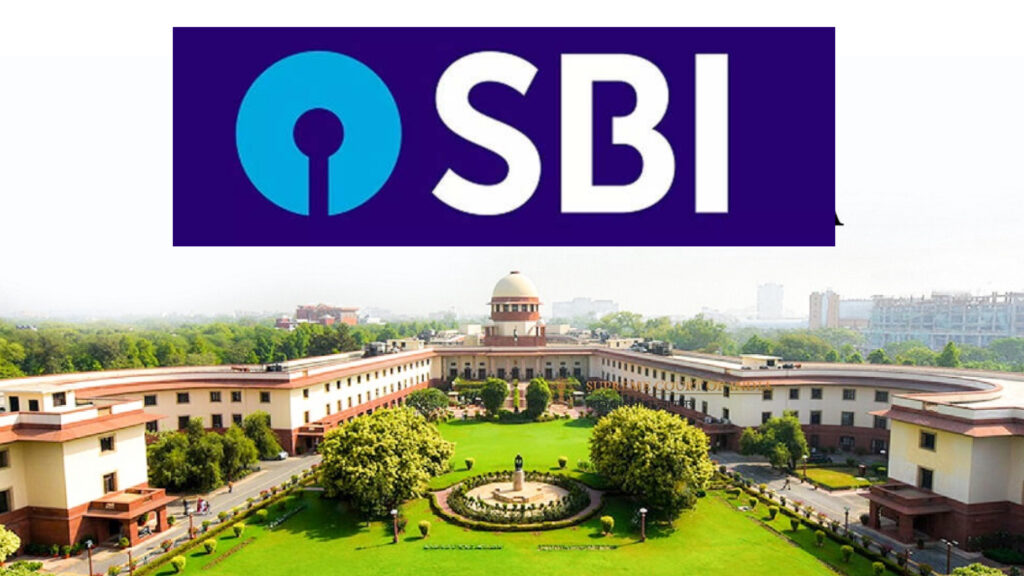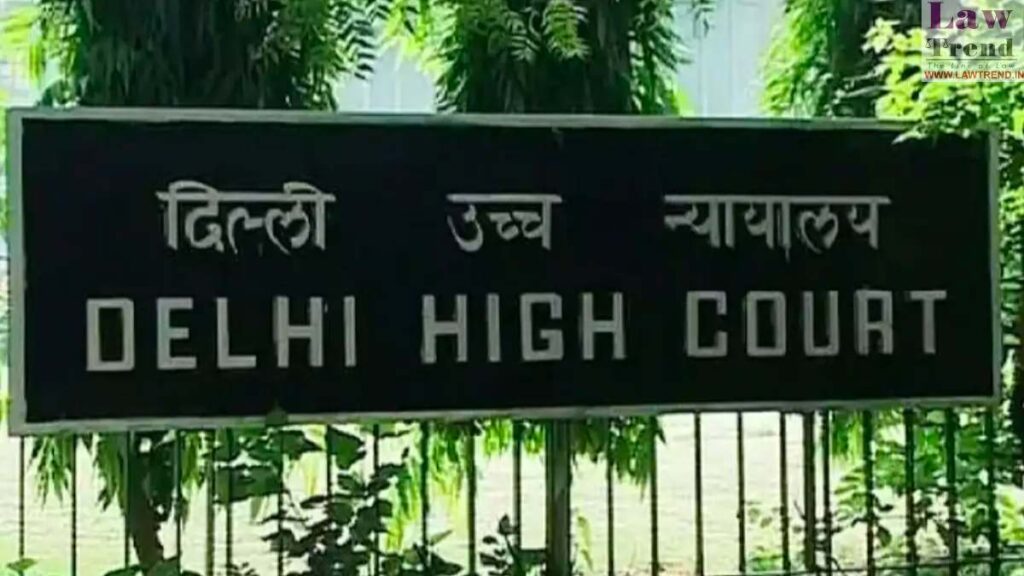
Supreme court rejects SBI’s plea for extension of time to furnish electoral bond details, directs disclosure by march 12
Last Updated on March 11, 2024 by News Desk
The Supreme Court recently rejected the plea filed by State bank of india (SBI) urging for the extension of time to furnish the electoral bond details and directed it to disclose the information by tomorrow, i.e. 15 march.
The five judge bench consisting, chief Justice DY Chandrachud, and Justices Sanjiv Khanna, BR Gavai, JB Pardiwala, and Manoj Misra, was hearing a plea filed by SBI urging to extend the time limit till 30 june claiming complexity of decoding and compiling data from the sale of these bonds.
“SBI’s miscellaneous application seeking an extension of time until June 30 is dismissed. The State Bank is directed to disclose the details by the close of business hours of March 12, 2024. As regards the Election Commission of India, we direct them to compile the information and publish the information on their website no later than by 5 PM on March 15, 2024.” The court held.
Supreme court, earlier on feb 15 2024, held the electoral bond scheme unconstitutional and directed SBI to furnish the details of the bonds purchased since april 12, 2019 to election commission of India by March 6. However, days before the deadline, SBI filed an application seeking extension.
Contempt petitions were also filed by Association for Democratic Reforms (ADR), Common Cause, and the Communist Party of India (Marxist) against the bank over its non-disclosure of information.
Senior advocate Harish Salve representing SBI highlighted the problem faced by banks in decoding donor details as these are kept in separate information silos. “Redeemed bonds were deposited to Mumbai main branch by the authorised branches at the end of each phase in sealed envelopes. Coupled with the fact that two different information silos existed, this would mean that a total of 44,434 information sets would have to be decoded, compiled and compared” mr. Salve submitted.
To this, CJI Chandrachud responded that there is no need to do the “matching exercise” of separate information silos. The court order mentions plain disclosure. “What you are saying is that there are two different information silos and rematching them would require significant effort. But, if you see the directions we issued, we did not ask you to do this matching exercise. We have simply directed plain disclosure. The grounds on which you seek additional time do not accord at all with the directions we issued” the court said.
Thus, the court dismissed the bank’s application for extension.
It also disposed of contempt petitions mentioning that it would initiate such proceedings if directions were not complied with by close of business hours on Tuesday.
Further, it directed Election Commission of India to publish the details of the information supplied to the court in pursuance of its interim order, on the commission’s website.
Written by Shagun Behal





